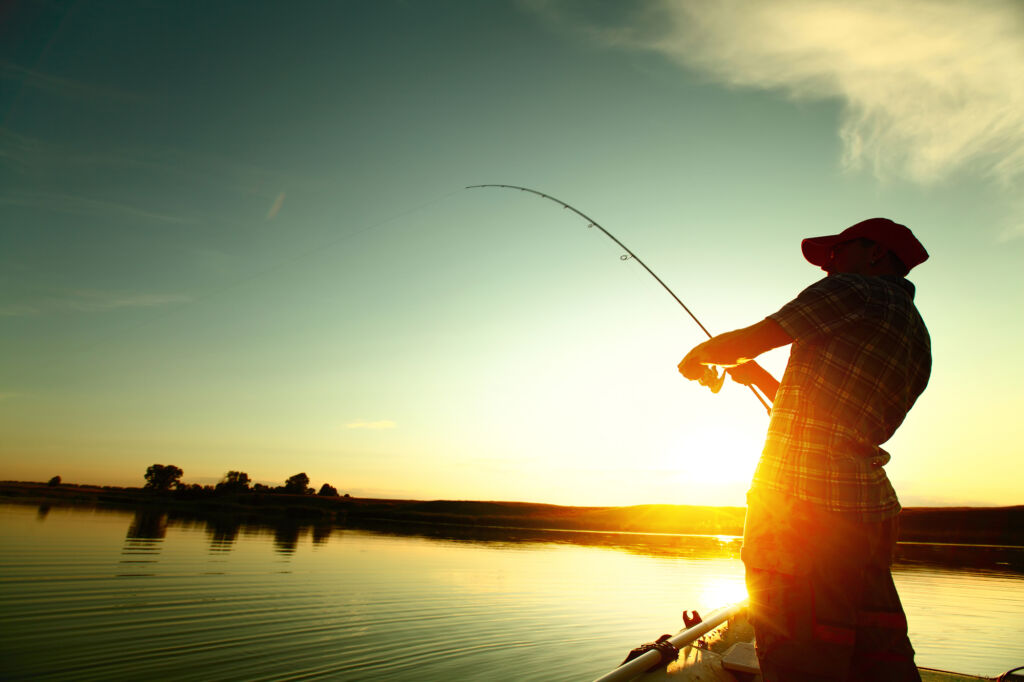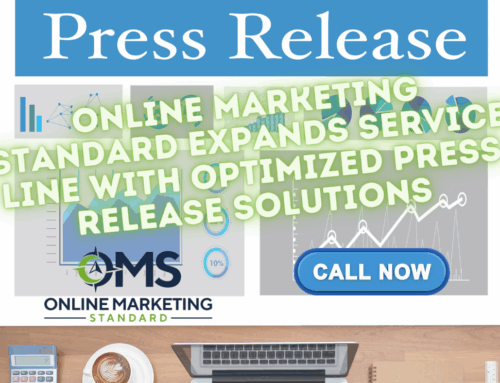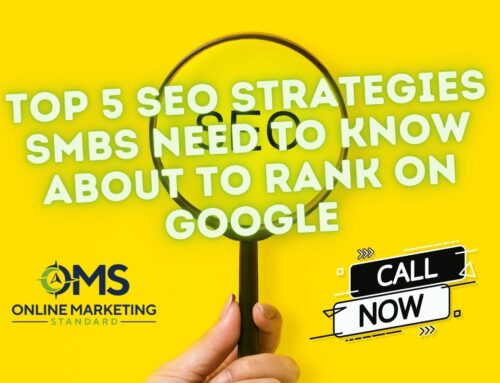
Fishing guide marketing is crucial for charter outfits looking to attract new bookings, especially in warmer climates like Florida where a heavy reliance on online presence is necessary. Here are the top 5 ways to capture bookings when people are proactively searching for options:
1) Pay-Per-Click (PPC) Marketing: Utilizing platforms like Google Ads affords fishing guides the opportunity to get their brand in front of people actively searching for fishing charters in the area. PPC marketing is based on a per-click/per site visitor basis, and allows for keyword targeting and geotargeting options. Google Ads also offers the ability to limit monthly spend, making budgeting for PPC easy.
2) Local Search Engine Optimization (Google Business Profile/Google Maps): Optimizing for local SEO is crucial for fishing guides and boat rental operators who only offer their services in a specific market or radius. This includes optimizing for Google Business Profile by focusing on areas such as the business name, address, phone number, and regular content contributions. It’s also a good idea to consistently add rich content to your profile with items such as pictures of clients holding that prized largemouth bass or that 300 lb. Tarpon in the Gulf of Mexico, videos of customers reeling in “the big one”, and micro blog posts announcing events, upcoming trips, etc.
For local SEO, here are the main areas fishing charters should evaluate and optimize to maximize their exposure in Google Maps:
- The Name of the Business (it should be the legal name of the listing)
- An accurate address
- A local phone number that is unique to the location
- An email address that is official and checked regularly
- A link to the main website
- An SEO optimized description
- Primary category that describes the business with at least one category being Google sanctioned
- Office hours of operation
- Payments accepted
- Photos
- Videos
- Additional Details (fully customizable)
- Regularly contributing content to the profile such as special offers, blog posts, limited time offers, etc.
- Ongoing citation building (listings on other directory style sites such as Yelp, Merchant Circle, Superpages, Citysearch, etc)
3) Search Engine Optimization (SEO): SEO, also known as “natural” or “organic” search, requires time and persistence to earn top search results for main keyword phrases. This includes focusing on coding and content to improve the guide’s site for organic search placement.
When it comes to optimizing your site for organic search, there are a few areas you’ll want to focus on to ensure you appease Google in particular. These areas include:
- Titles
- Meta Descriptions
- Alt tags
- Content (the more content you create, the more keyword phrases you can target)
- Internal Linking (linking from page to page within your site)
- Inbound Linking (acquiring links from other sites that link back to yours)
- Site Speed/Page Speed (very important for mobile SEO in particular)
- Headers
- Footers
- H1’s/H2’s
- Canonicals
- URL Naming
- Custom 404 pages
- Redirects (301’s, 302’s, etc)
- Robots.txt
- Navigation/Layout
- Calls-to-Action Placement
- Social Signals (linking back to site pages from social profiles)
The above list may appear extensive, but all areas must be addressed in order to execute effective organic SEO, as it pertains to search engine algorithms such as Google’s.
4) Social Media: Having a strong presence on social media platforms like Facebook and Instagram can also help attract new bookings by showcasing the charter’s services, testimonials, and promotions.
Fishing guides should utilize images extensively in their social media marketing strategy. Examples include customers holding their catch, videos of fish being caught, and other relevant images. Additionally, it’s recommended to post regular updates including information about events hosted by your charter, memes and funny gifs to diversify the content.
6) Review Management: Encouraging and responding to customer reviews on platforms like Google, TripAdvisor, and Yelp can help boost your guide services online reputation and attract new bookings.
Negative reviews can quickly harm your business’s ability to acquire new customers. To prevent this, encourage satisfied clients to leave positive reviews on platforms such as Google and Facebook. Additionally, make it simple for them to leave reviews by providing them with links in a follow-up email or through a post-charter pamphlet. This will help maintain a strong rating and increase the number of positive reviews over time.





